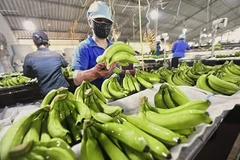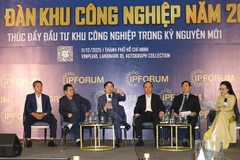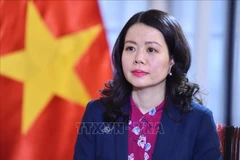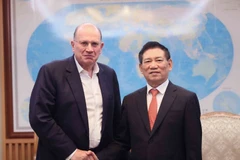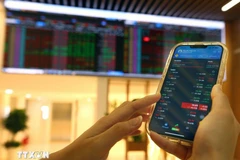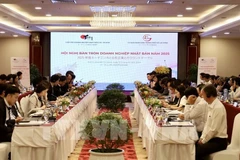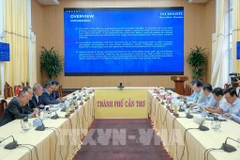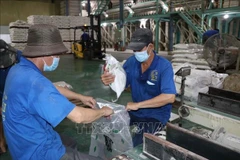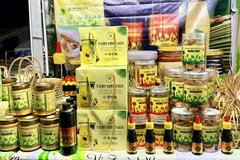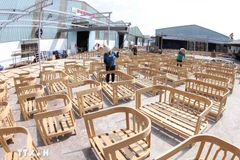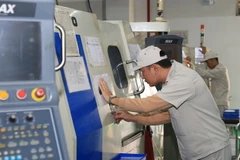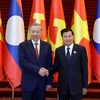The survey showed that the results were at about the same level of the2011 fourth quarter, which at the time was the most pessimistic outlookof the last eight surveys conducted by the company.
The GrantThornton Private Equity in Vietnam – Investment Sentiment andOutlook survey, carried out in October and released on Nov. 13, showedthat investment attractiveness, as a result of the negative sentimentabout the economy, dropped by half from 56 percent in the second quarterof this year to 27 percent in the fourth quarter.
However,despite the negative outlook, there was a small uplift in the increasingallocation of investments to Vietnam by 41 percent by allrespondents.
However, 44 percent of investment-fundrespondents believed there would be "no change" in their portfolio inVietnam in the next 12 months. Twenty-five percent of thoserespondents said they would decrease accounts while 31 percent said theywould increase their investments.
Secondary buyouts were nolonger the most expected source of deals, dropping by 19 percent,compared with the second quarter.
Private/family owners wereconsidered the biggest source of deals by 32 percent of respondents.Corporate divestments increased more than 100 percent, reaching 31percent.
Healthcare and pharmaceuticals as a sector was stillconsidered to be the most attractive industry to invest in, with 53percent of the respondents saying so.
In comparison with theprevious survey, retail surpassed education and agriculture to be thesecond most favoured industry with 42 percent of respondents.
The healthcare and pharmaceutical industry was selected as the mostfavoured industry in Grant Thornton's two surveys this year.
This is the first time the survey asked participants for their experiences on issues that caused deals to fail.
Differences in valuation expectation were seen by 55 percent ofrespondents as the most common issue that could break deals.
In addition, changes in terms of deal agreements were a common factorthat could break deals, ranked second with 50 percent of respondents.
The survey found a movement in the expectation ofprivate-equity investors about the length of time they plan to stayinvested in Vietnamese companies, with fewer of them planning to stay ashorter period (one to three years) and more of them expected to investfor a longer period (more than five years).
The report alsopresents other information that concerns private-equity investors inVietnam, such as investment allocation, investment obstacles, importantdrivers of value growth, level of hands-on involvement expectation, andlevel of exit multiples and key factors to be considered.
Thebi-annual report analyses were based on the opinions of decision-makersbased in Vietnam or those who have a significant focus on thecountry./.VNA
